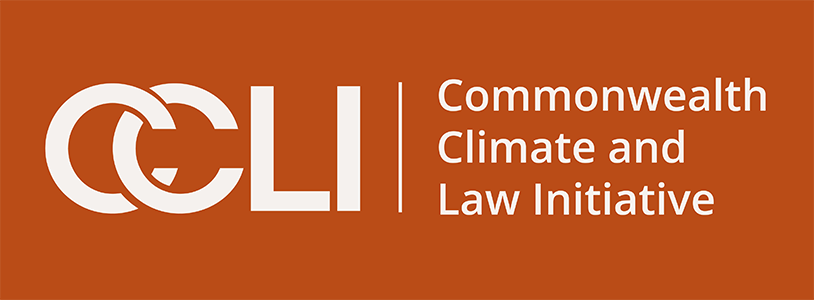At the UNEP-WCMC Nature Actions Dialogue 2025, the Commonwealth Climate Law Initiative (CCLI) led a session explaining how combining the law and behavioural science can help companies overcome barriers to nature action.
On 25-26 March 2025, the UN Environment Programme World Conservation Monitoring Centre (UNEP-WCMC) hosted its second Nature Actions Dialogue at Jesus College, Cambridge.
This two-day event brought together leaders from the private sector and the conservation community. It featured speakers and organisations from across the nature landscape and businesses across the globe.
CCL hosted a two-hour session alongside our partners Influence at Work titled, ‘Directors’ duties and nature governance: a behavioural science approach‘.
CCLI lawyers Jasmin Fraser and Sarah Hill-Smith and behavioural scientist Eloise Copland:
- Guided attendees through the core legal duties of corporate directors regarding nature-related risks.
- Assisted participants in identifying the barriers to positive nature action in their companies.
- Introduced a behavioural science framework specifically designed to empower sustainability teams and Board members in understanding their sphere of influence.
- Equipped participants with some behavioural insights to overcome identified challenges, and drive nature-positive decision making and action.
It was interesting to hear some of the challenges preventing positive action on nature which participants identified and shared, and help them formulate ways to overcome them. These included:
Challenge
Overcoming the challenge
Nature messaging is currently too soft: The language around nature risks needs to be stronger. Discussions must move beyond broad topics like saving the Amazon and instead be framed in business terms – focusing on costs, risks, and financial implications.
The narrative: Boards engage more with issues when they are broken down and framed in business-relevant terms (e.g., data and financial returns). It’s essential to make a clear business case for long-term business returns.
Lack of understanding: Many directors and Boards currently do not understand nature-related risks their companies face and how to manage them.
Trainings and learning: Capacity building can empower individuals and Board members to act – both in relation to nature-related risks and their related duties.
Temporal considerations: Time horizon issues were raised in relation to the urgency of nature-related issues and short-terminism of directors. When nature-related risks are finally aligned with the Board’s consideration of risk, it might be too late for both nature and the materialisation of those risks to the company.
Company adoption of values: Adoption of nature-aligned values and culture comes from a better understanding of these issues.
There could be several ways to overcome this challenge. Firstly, educating directors of their duties with regard to material nature-related risks. Secondly, getting directors out of the boardroom to see first-hand the impacts they are causing on people and planet; this can help shift perspectives by building on the emotive relationship people have with nature.
Whilst the session focused on directors’ duties regarding nature risks, climate and nature-positive action is not only driven by the Board. Employees should also understand and take ownership of these issues. In addition, where stakeholders understand what legal duties directors have with regard to nature, it can empower these parties to hold directors to account, and increased awareness can foster a culture of responsible business practices and influence leaders to act.
The session has provided important insights which will feed into a behavioural science insight tool to empower directors and those with access to the board drive positive climate and nature action in their companies.
There was great engagement from the audience, and we received excellent feedback from participants – thank you to all those who attended! You can contact us if you have any questions or would like to continue conversations following the session.
